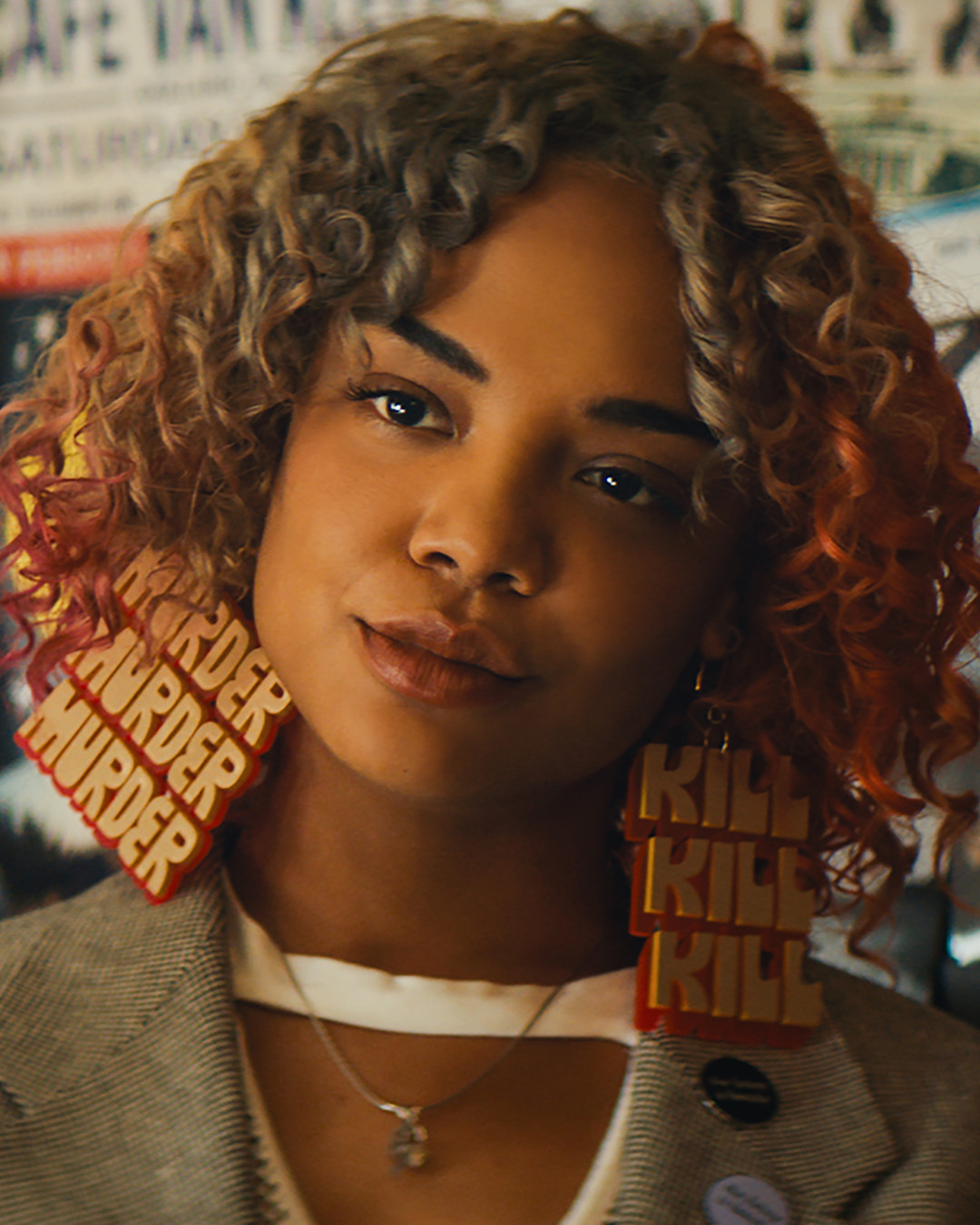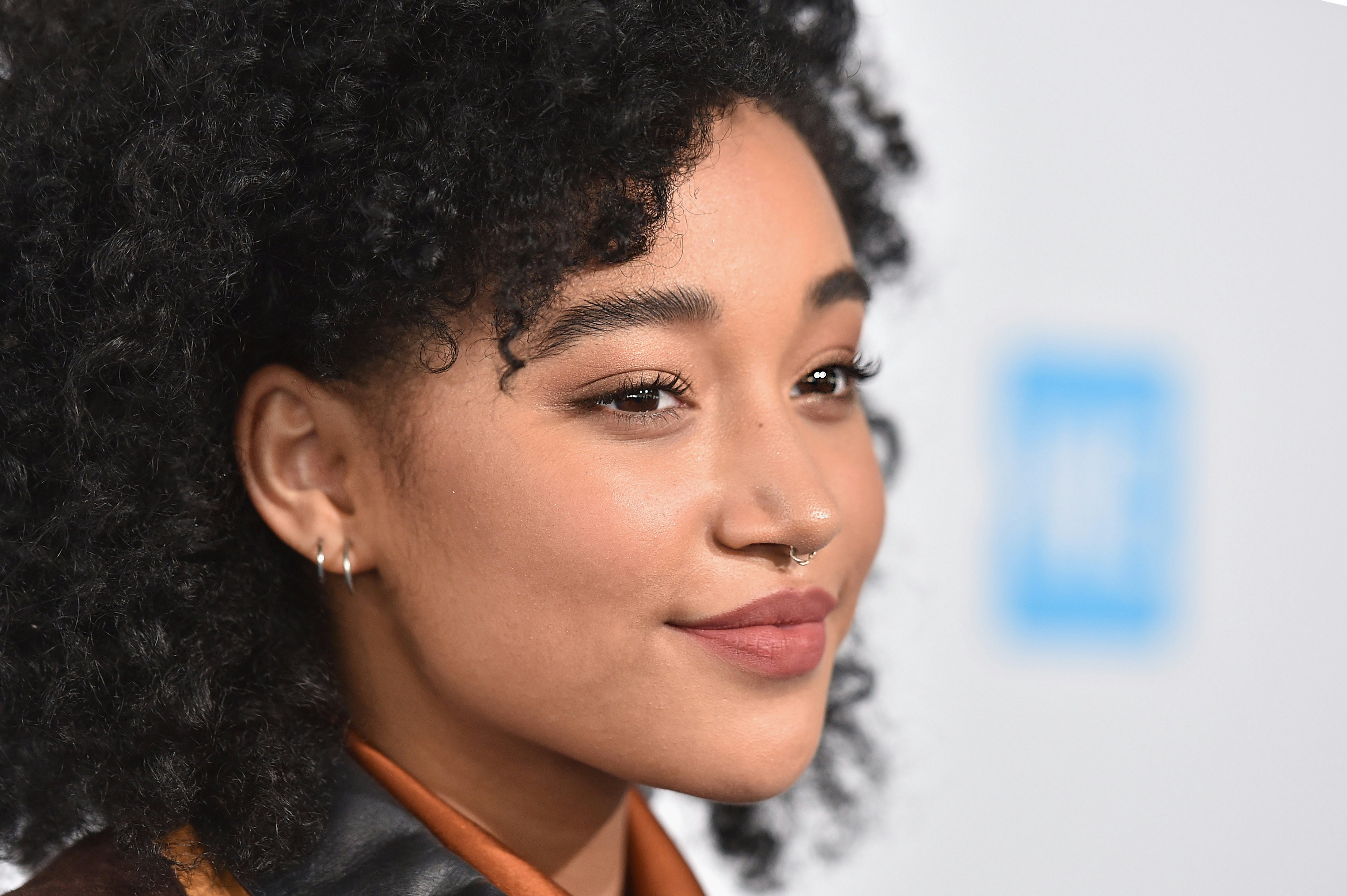Until about 2 months ago, Instagram was completely sucking the soul out of me. I was always at least partly aware that it did but it seemed like a common phenomena in my generation so I deemed it a part of growing up in a rapidly developing era of technology.
As an actor, it is imperative to be open to the unpredictability and beauty of living an authentic life. When I began my acting training this past January, I realized that I was going to have to do some major, life-long self-investigation by questioning and challenging my tendencies--one of those tendencies being my addiction to Instagram. What is so addicting about scrolling through my feed? How do I decide who I am going to follow? Why do I post? Is any of this feeding my spirit or is most of it deteriorating? At this point, I could not think of a good enough reason as to why I even had an Instagram besides “needing” it to stay relevant in the entertainment industry, especially as a model. To provide space to answer these questions, I took time off from Instagram.
Through this break, I found that my addiction partly came from scrolling simply being something to do when there is nothing to do. However, it was removing me from living mindfully in my day to day. Behind this addiction was also a lack of self-worth. I thought that following models like Bella Hadid and Kendall Jenner and stylish influencers like Carli Bybel would somehow inspire me to work harder to live a similar lifestyle. But all it was doing was feeding a false narrative that my current lifestyle was lacking. My idea of “being better” had little to do with spiritual development and everything to do with stroking my ego. I was posting pretty pictures of myself to receive the instant gratification of likes and comments to fill the void of not being enough. But when one post didn’t receive as many comments and likes as a previous one, I became insecure, embarrassed, and vulnerable to the point of wanting to delete the photo altogether. My spirit was most definitely deteriorating. But like most, if not all, things in life, I have the power to change how things affect me and how I consume my media. I unfollowed every account that made me feel envious, regardless of what the intention of the account was. I then realized that if I was going to be on Instagram, I had to use its influential power for good. I was no longer comfortable with solely posting pretty pictures with the best angle, filter, lighting to butter up my ego whilst being conscious of the damage it could be to those coming across my profile.
With all of that said, I have made my role on Instagram to relate to anyone who comes across my profile with what I’m learning on my self-investigating journey. By doing this, I feel my account has a purpose that surpasses aesthetics and I no longer am shackled by the amount of likes I get because I know that the knowledge, relatability, and most importantly, the authenticity I offer cannot be measured that way.
Another media I consume is television, however, I grew up watching a lot more cable television than I do now. Although unaware while consuming it as a young girl, I was severely underrepresented on the cable television shows I was religiously watching. I didn’t understand that it was not acceptable that every show I watched, including its commercial breaks, provoked a strong desire for me to straighten my hair and be uncomfortable in my brown skin. It was clear that white was the highest standard of beauty and if you were anything other you would always be less than. As a female actor of color, I proudly take on the responsibility and challenge to represent women who look like me. As with Instagram, my goal is to use my talent as an actor to relate. We are at at time when colored characters of depth are being written onto platforms like Netflix, for example, She’s Gotta Have it, The Incredible Jessica James, Easy, among others with story lines that speak beyond the character’s race or ethnicity. However, cable television and Hollywood cinema are taking a longer time to look passed the limitations of stereotypes: colored people dealing with poverty, slavery, police brutality, drugs, discrimination, etc. That is not to say that those stories of the black experience and other minorities should not be told; those are just simply not the only examples of the experience and, at this point, they are just feeding a lazy narrative (unless based on true events) that gets told in the same way every time but will always receive support from the colored community because it’s better than nothing. Because of this, I find myself consuming progressive films and series by following the work of actors, like Tessa Thompson, Amandla Stenberg, and Kiersey Clemons, who are breaking through the limitations of stereotypical roles while staying authentic to their humanity as women of color.



No comments:
Post a Comment